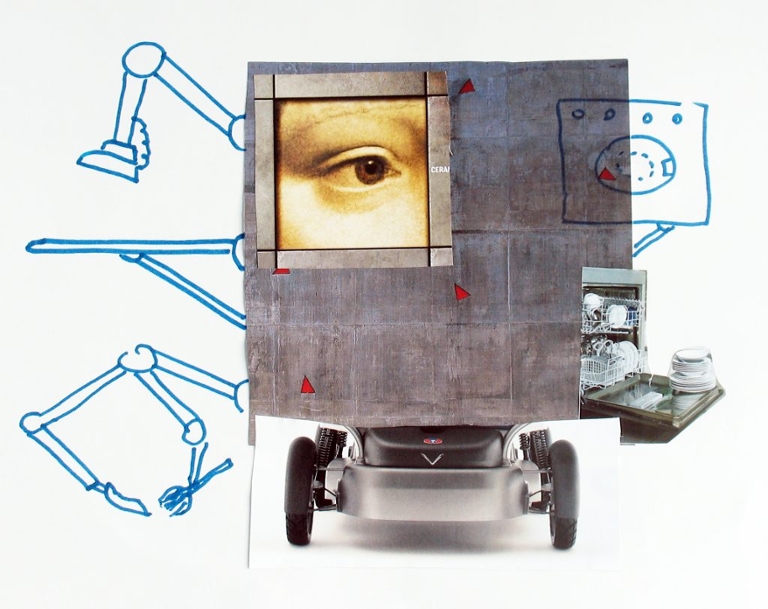People’s expectations, perceptions, and uses of robots are shaped by local cultural meanings and practices. Our cross-cultural research in human-robot interaction studies how perceptions and understandings of robots vary among cultural contexts — in different countries like the US, South Korea, China, Japan, Turkey, or in different organizational cultures.
In a series of studies in the US and South Korea, we explored how people envision using robots in their homes, and how the local meanings of home and the social interactions within it affect their ideas about robot design. We also study culturally variable interpretations of sociality, relationships, emotion, and other cultural dynamics as they relate to robotic technologies and human cognition. Our aim is to define and develop a culturally robust understanding of robotics that can inform future robot design and allow roboticists and users to have a reflexive understanding of robotic technology’s effects on culture. This research is partially funded by NSF IIS-1143712, [add Marlena NSF award number]



